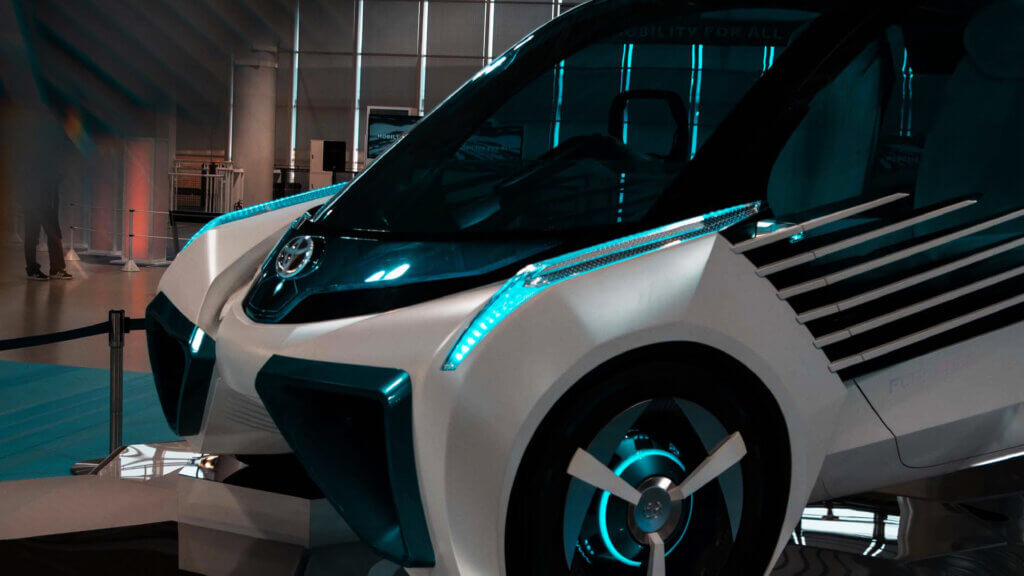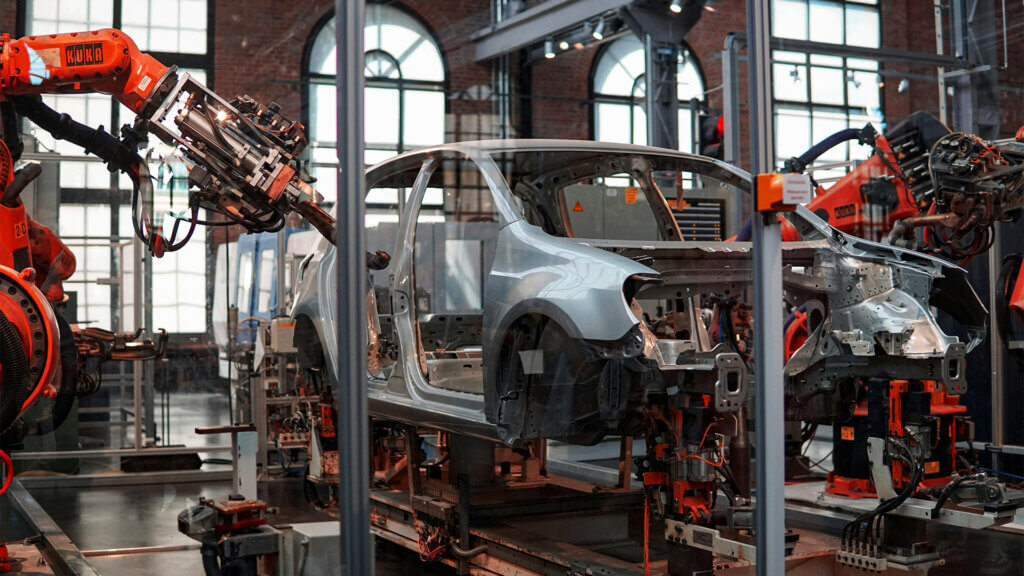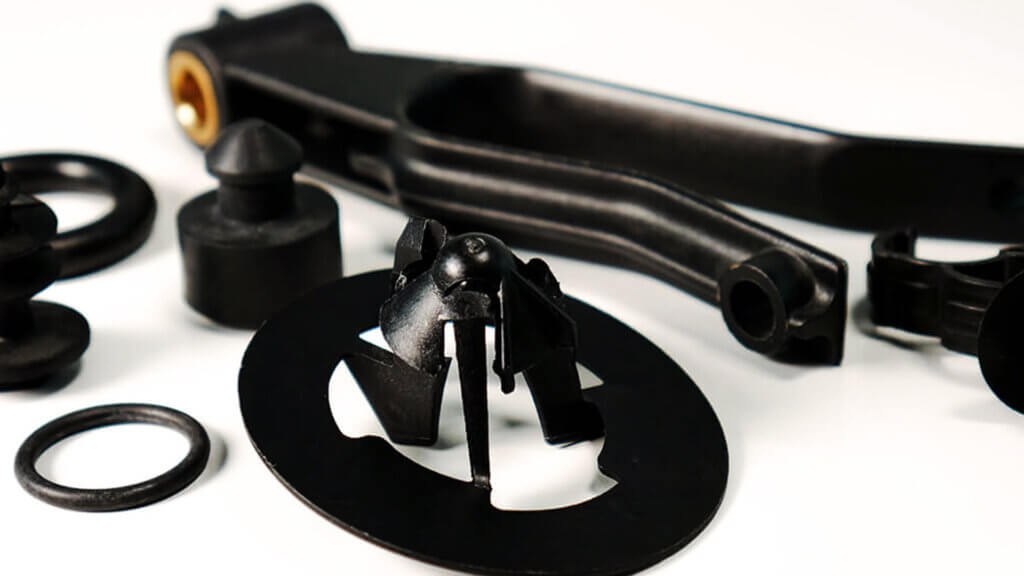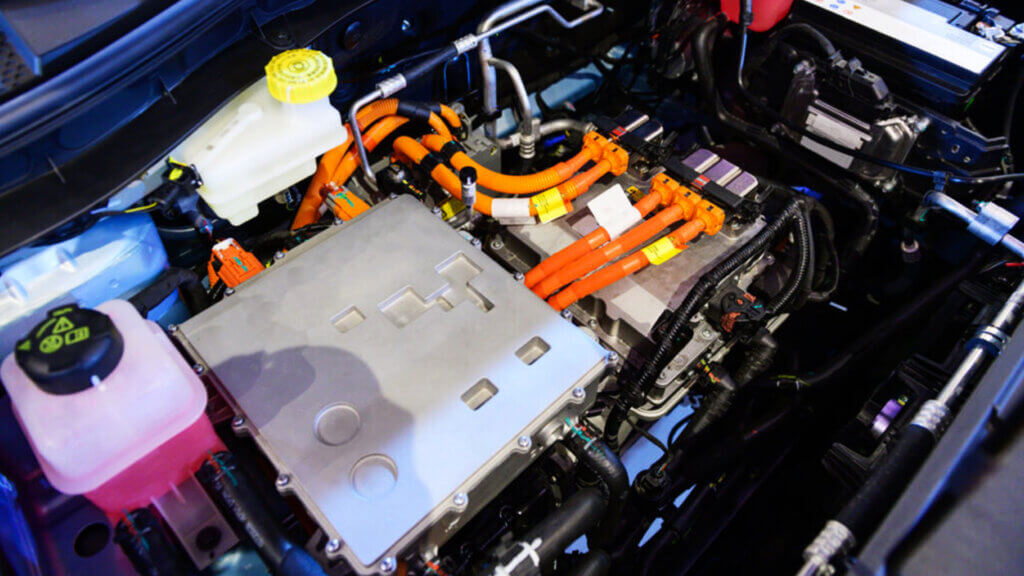
The dynamic automotive industry is witnessing significant developments in fastener technology, driven by the pursuit of innovation and efficiency. From cutting-edge materials to sophisticated joining methods, these trends are shaping the landscape and influencing the industry’s goals of achieving lighter, stronger, and more sustainable vehicle designs.
In the assembly of a single vehicle, a myriad of fasteners are employed, some meticulously placed by automated robotics and machinery, while technicians manually install others. This intricate process underscores the critical role of fastener technology in the automotive manufacturing realm.

In response to the automotive sector’s quest for impact-resistant, lightweight, and durable materials, the integration of composite materials has gained prominence. Overcoming the challenges posed by laminated and fibrous composites, mechanical fasteners are directly integrated into composite panels. This breakthrough is particularly advantageous in scenarios where adhesives may prove less effective, such as bonding composites to metal. Mechanical joints offer versatility in connecting various materials commonly found in automotive components.

Another notable trend involves the rise of plastic fasteners, leveraging the material’s strength and lightweight properties. Offering cost advantages over steel and composite alternatives, plastic injection moulding not only reduces waste but also lowers labour costs. Plastic fasteners, including washers, pins, and spacers, boast corrosion resistance and resilience to harsh operating conditions.
The evolution of fastener technology further encompasses the diversification of shapes, sizes, and configurations to keep pace with automotive technological advancements. This demand for innovation is driven by evolving automated machinery and assembly systems, prompting manufacturers to continually enhance the strength, reliability, and longevity of their products.

As electric vehicles become more prevalent, a shift towards new permanent fastener designs is observed. The unique characteristics of electric engines, which are fixed components with limited disassembly needs, necessitate the development of secure permanent fasteners to support assembly, manufacturing, and maintenance requirements.
The automotive industry’s pursuit of uniformity in internal and external fastener designs necessitates greater flexibility from designers. To meet this demand, designers must create more universal fasteners for diverse automotive applications, contributing to the industry’s goal of achieving lighter, stronger, and sustainable designs. In essence, the evolution of fastener technology stands as a pivotal force driving transformative changes in the automotive landscape.
Get In Touch With Auto-Fasteners Today
Auto-Fasteners exists to connect with its automotive customers as a partner, not just a parts supplier. We aim to understand the problems you are facing, to collaborate with you and to help you solve that problem. Get in touch with our team via our online contact form to discuss your automotive fastener requirements or give us a call on 01926 814600.